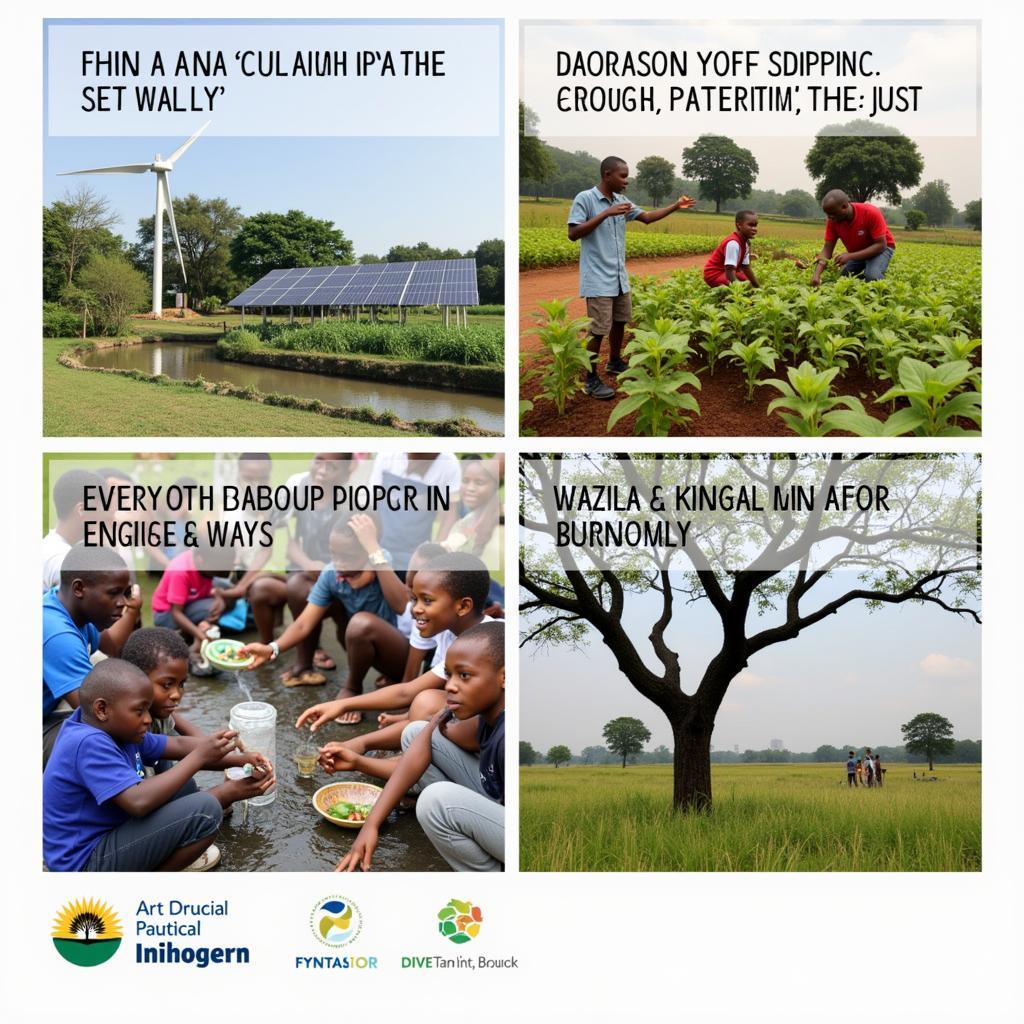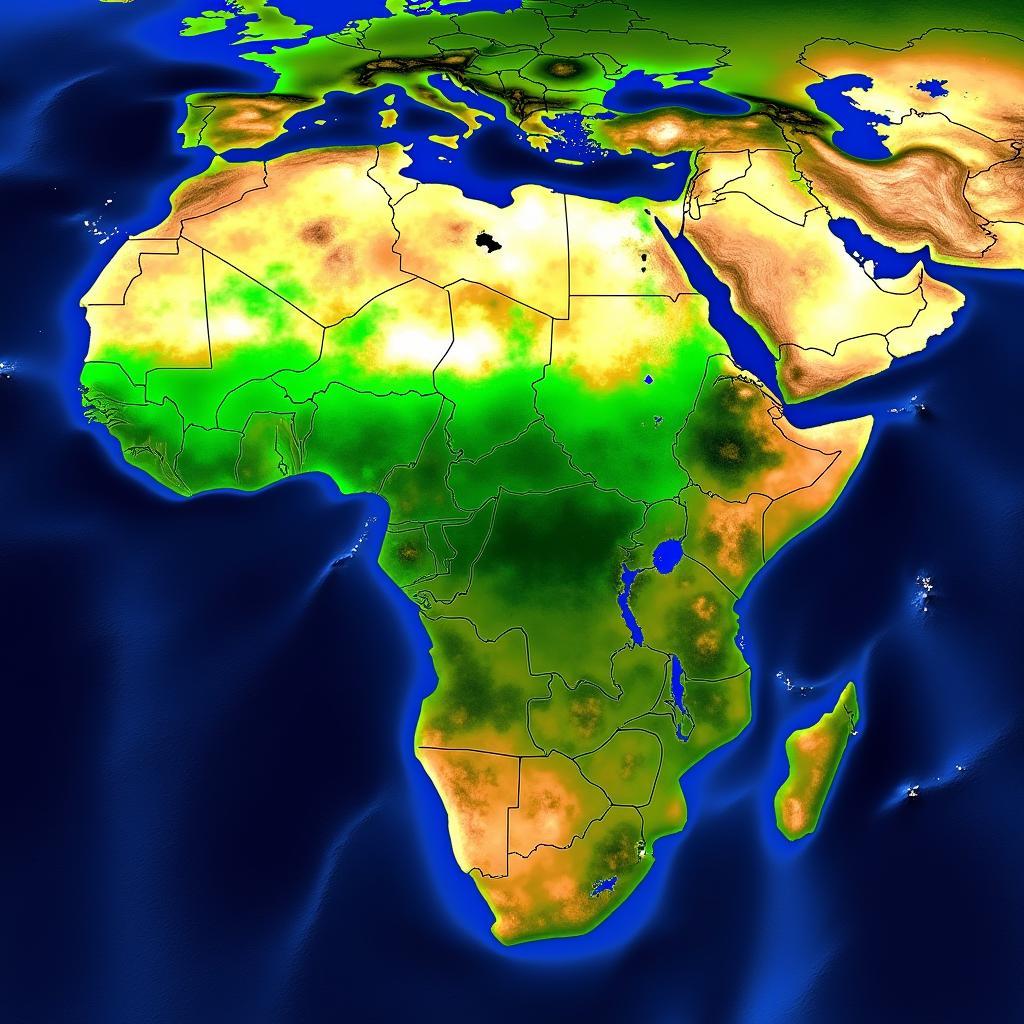Unlocking the African Caribbean & Pacific Group of States PDF: A Comprehensive Guide
A Historical Journey: From Lomé to Georgetown and Beyond
The ACP, established in 1975 by the Georgetown Agreement, finds its roots in the Lomé Convention. This agreement, signed between the European Economic Community (EEC) and 46 African, Caribbean, and Pacific countries, laid the groundwork for trade and development cooperation. The Georgetown Agreement formalized the group’s structure, outlining its objectives and principles.
 Founding Members of the ACP Group
Founding Members of the ACP Group
Navigating the Cotonou Agreement: Trade, Development, and Political Dialogue
The Cotonou Agreement, signed in 2000, marked a significant milestone in the relationship between the ACP and the European Union (EU). This comprehensive partnership agreement, spanning trade, development cooperation, and political dialogue, has been instrumental in shaping ACP-EU relations for over two decades.
Pillars of Partnership: Exploring the Cotonou Agreement’s Key Areas
The Cotonou Agreement focuses on three key pillars:
- Development Cooperation: This pillar emphasizes poverty reduction, sustainable development, and the integration of ACP countries into the global economy. It facilitates financial assistance, technical expertise, and capacity building initiatives across various sectors, including health, education, agriculture, and infrastructure.
- Trade: The agreement aims to foster trade between ACP countries and the EU through preferential trade arrangements, promoting economic growth and diversification.
- Political Dialogue: This pillar encourages regular consultations and dialogue on political issues of mutual interest, promoting peace, democracy, and good governance.
 ACP-EU Partnership Meeting
ACP-EU Partnership Meeting
Beyond 2020: Charting a New Course for ACP-EU Relations
The Cotonou Agreement, initially set to expire in 2020, has been extended while negotiations for a successor agreement continue. This new partnership seeks to address emerging global challenges, including climate change, migration, and peace and security, while aligning with the United Nations’ Sustainable Development Goals.
The Future of the ACP: Towards Enhanced Intra-ACP Cooperation
As the ACP navigates a changing global landscape, enhancing intra-ACP cooperation is paramount. The organization focuses on strengthening regional integration, promoting economic diversification, and fostering South-South cooperation to address common challenges and leverage collective strengths.
“In a globalized world, the ACP Group’s role in fostering South-South cooperation is more critical than ever,” notes Dr. Akinyi Ochieng, an expert in international development and ACP affairs. “By sharing knowledge, resources, and best practices, member states can accelerate their development and enhance their global standing.”
FAQs about the African Caribbean & Pacific Group of States
1. What are the main objectives of the ACP Group?
The ACP Group aims to:
- Sustainable development of its member states
- Poverty eradication
- Integration of ACP countries into the global economy
- Strengthening unity and solidarity among ACP states
2. How does the ACP Group support its member states?
The ACP Group supports its members through:
- Political dialogue and advocacy
- Development cooperation programs
- Technical assistance and capacity building
- Promoting trade and investment
 ACP Sustainable Development Projects
ACP Sustainable Development Projects
3. What is the significance of the Cotonou Agreement?
The Cotonou Agreement is significant because it:
- Provides a comprehensive framework for ACP-EU relations.
- Covers trade, development cooperation, and political dialogue.
- Has been instrumental in shaping ACP-EU partnerships for over two decades.
4. What are the key challenges facing the ACP Group?
Some challenges faced by the ACP Group include:
- Climate change and its impact on vulnerable member states
- Debt sustainability and financing for development
- Peace and security threats
- Promoting good governance and human rights
5. How can I access the African Caribbean & Pacific Group of States PDF documents?
Official ACP documents and publications are often available on the ACP Secretariat’s website.
Need More Information?
For further assistance regarding the African Caribbean & Pacific Group of States, please contact us at:
Phone: +255768904061
Email: kaka.mag@gmail.com
Address: Mbarali DC Mawindi, Kangaga, Tanzania
Our dedicated customer service team is available 24/7 to address your queries.

